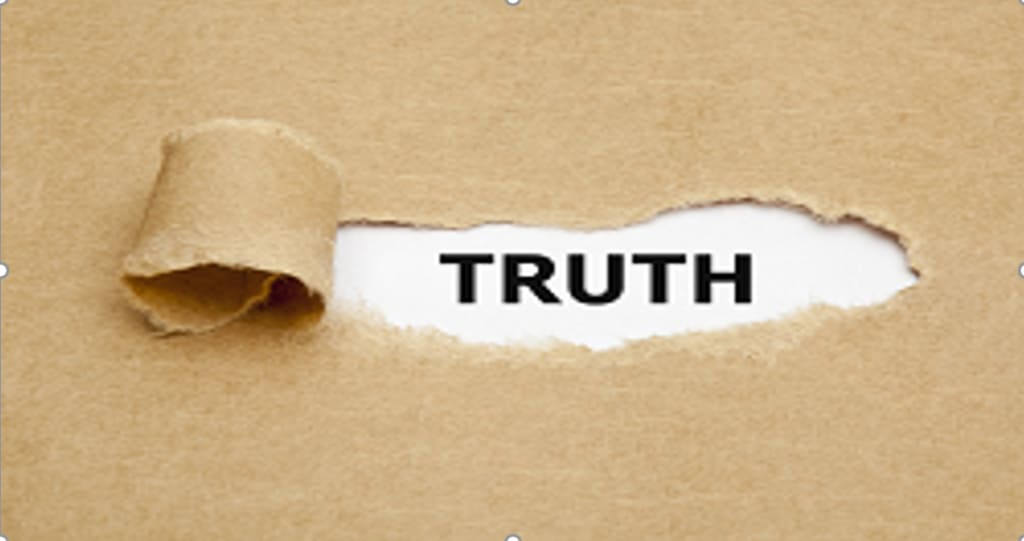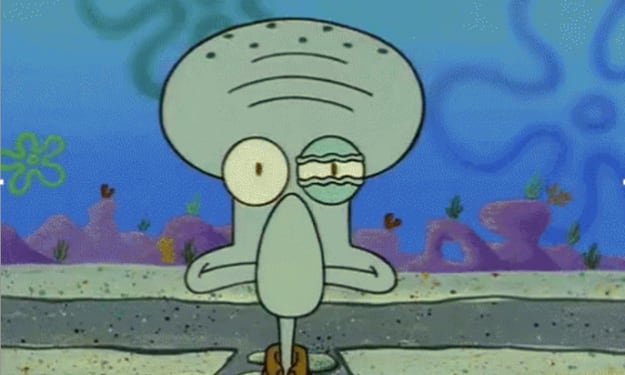
Last semester, my class in Women and Gender Studies was tasked with a project surrounding Wikipedia. When we began this project, I must admit my first thought was, “Why are we wasting our time with a site like Wikipedia?” As students, we’re taught that Wikipedia is not a reliable source and that it should never be used when doing research. This idea was so embedded in my head that it clouded my judgment and made it difficult for me to even find a topic or an article to change to begin with. I decided to start with the list of women’s right activists on Wikipedia and noticed there were very few women on it, so I did some research and Rebecca Chalker, who is a women’s activist herself, caught my attention so I decided to focus on her. I added her onto the list and even started an article about her. After reading about her I was so dumbfounded at the fact that such a prominent figure in the Women’s Rights Movement didn’t have her own page on Wikipedia. And then it hit me. How is it that a fictional character like Roger Rabbit has a well-developed page but someone like Rebecca Chalker does not? It all comes down to how our society works and how it plays down or tends to overlook the accomplishments of female identified figures while holding most male identified individuals on a silver platter, whether they’re real or part of a cartoon. Once I realized this, it was so easy to just pick any article and automatically see that in some way or another it was biased. I also decided to edit Norrie May Welby’s page, who was a trans woman but currently identifies as non-specified. I went in and corrected all the pronouns to “xie” and “hir” which are hir preferred pronouns. Even though the edits were small and minimal, the difference it made was huge in that it makes the article not only about hir but also in respect to hir. Overall, I feel like it keeps Wikipedia modern and more unbiased compared to other literature such as our textbooks.
All my other edits were similar to those mentioned, but my edits on Tony Briffa’s article, I feel really made a difference. I think people nowadays really try to enforce a black and white mentality onto everything, specifically gender. Now that we have called so much more attention to the trans community, it breaks down this binary we’ve created around gender. However, now that people are identifying as trans, intersex, non, gendered etc., I feel some people try to simplify what that means and yet again attach this black and white mentality to it. Tony Briffa is a great example of this as he identifies as neither male or female (non-gendered, non-specified); however, he likes to be referred to using male pronouns. When he announced this, it caused a lot of controversy and made people so uneasy in that they began to say he just didn’t know what he wanted. People wanted a firm and simplified answer, but he didn’t have one to give to them. He simply wanted to be referred to as “he” but did not identify as male. This was very difficult people to understand. When I edited his article, one of the edits I made was changing the pronouns to male pronouns. I feel that this reinforces the idea that gender is such a complex thing and whether you identify as male, female, trans, intersex, or non-specified, neither of these can be understood through a binary perspective.
Being able to edit articles and feel like I was making a difference really gave me some insight into how Wikipedia works. Contrary to what most of us were taught, Wikipedia is a place where we can be free of most if not all biases and subjective truths. It’s all about fact and though anyone can go in and change it, in that same way another person can go in and make it right. The whole idea of editing and having a reliable source prevents biases and “nonsense” edits from staying up for a long time. I feel like Wikipedia is just a huge community of editors wanting to share their knowledge but the term “knowledge” can go one of many ways in my opinion. If you search the word in Google, this is what you get: “facts, information, and skills acquired by a person through experience or education; the theoretical or practical understanding of a subject.” We have the first part of the definition which is facts and information. Ideally this is what our edits should consist of but sometimes editors emphasize the “experience” part of the definition and base their edits on what they have gone through. We have now switched from objective to subjective truth because we're not just relying on facts but also our experiences, which can include our feelings and intuition, leading to opinion-based edits. Through this whole editing project, I realized this process is often unconscious in that we don’t realize what we’re saying is not entirely objective, at least not right away. We think that because we understand information given to us in a certain way, others will interpret it in that same way, which brings me to the third part of the definition. Not everyone understands information the same way; what might make sense to us, may seem absurd to someone else. My point is that knowledge varies from person to person because it’s based on our own perceptions of reality which is socially constructed. Reality is permeable; we are constantly moving between different realities and in doing so, we alter our attitudes and behavior to best fit that reality (O’Brien, 348) and I think it’s important to think of knowledge and how it’s produced, in that same context.

As mentioned above, I had a difficult time choosing something to edit because I wasn’t recognizing any biases. Now that I’ve gone through the assignment, I realized I was just looking too hard because biases are present everywhere. The reason I think I was overlooking them is because they’ve become so embedded into our society that we don’t think of them as biases but instead as truths or facts. After I did my first edit it was easy to do the rest because instead of looking for specific biases, I just clicked on an article and I knew that chances were, I would find a bias no matter what I was reading. It sounds simple, but it was quite the opposite because like I said they’re embedded into our society. It’s difficult to notice that something is wrong or doesn’t belong when we’ve been told throughout our whole life that it was right. Once we break down these social constructs though, it’s easy to see the biases that have been put in place and with enough education and guidance (like this course), we can learn to correct them in other places like textbooks, literary works, and even pictures. Like the biases we find on Wikipedia, they can also be found in other literature like history books. Wikipedia is an easy task compared to trying to correct our history books but the first step in being able to change them, is of course identifying them. Once we have realized that they’re there and acknowledged them as a society, we can correct the biases but surely not without some controversy (which is the fun part).
As I mentioned, our textbooks and other books used in school are no better, in terms of the biases, than Wikipedia. In fact, they may be worse because the ideas in them are so deep rooted into our “knowledge” that we think they’re true when for all we know, they aren’t. Wikipedia in my opinion (though it should not be your only source of information), is a great way to start any research paper in that you can gain a good understanding of your topic and its background and the best part is that if you come across something you know shouldn’t be there, you can just click the editing button. I encourage you all to visit the pages mentioned above on Wikipedia and explore new pages to give it a try yourself!
About the Creator
G M
Just a young woman trying to put her thoughts out into the universe💫 Your support is greatly appreciated!❤️






Comments
There are no comments for this story
Be the first to respond and start the conversation.